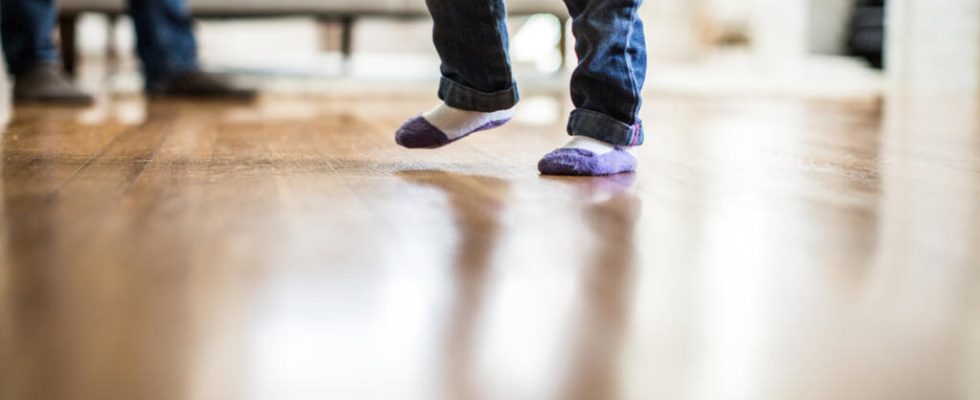This Wednesday, March 13, an inspection report on illicit practices in international adoption was submitted to the French government. A mission desired by the Ministries of Foreign Affairs, Justice and the State Secretariat for Children to “ identify illicit practices that have taken place in the past and prevent them from happening again “. This report concerns thousands of people adopted in Africa.
4 mins
In France, there are more than 120,000 people who have been adopted from all over the world. Among them, there are around 15,000 who come from Africa, Ethiopia, Madagascar and Mali, the most numerous.
The report of 118 pages submitted this Wednesday to the French authorities looks at the genesis and growth of international adoption in France. The authors recognize “ the existence of illicit practices of a systemic nature, in many countries and over a long period “. Falsification of documents in adoption files, false declarations in birth certificates, or suspicion, theft or trafficking of children for example, are considered illicit practices.
Read alsoChildren’s rights: international adoption, always a delicate issue
But today, international adoption is, according to the rapporteurs, much better regulated than 30 years ago and adoption figures are decreasing. In 2023, only 65 children from Africa were adopted in France. So that the abuses of yesteryear no longer recur and to respond to the requests of adopted persons, the inspection mission made 28 recommendations to the government, including: official recognition of illicit practices, organization of research of origins or the creation of an independent commission to better welcome and support people who have discovered illicit practices in their adoption.
Many expectations
There were many expectations surrounding the release of this inspection report and the French government wanted to mark the occasion by bringing together adoption stakeholders (International Inspection Mission, national adoption agency, parent associations adoptees, researchers and associations of adopted people) yesterday at the end of the day.
Franck Riester, Minister Delegate for Foreign Trade, Attractiveness, Francophonie and French People Abroad, and Sarah El Haïry, Minister for Children and Families were the hosts of this meeting. On behalf of France, the latter recognized for the first time “collective failures” in the protection of children adopted abroad.
Since the 1970s, however, numerous reports have come to light and numerous adoption scandals have been revealed. This is why this recognition at a minimum is far from satisfying the representatives of adoptee associations in Africa present during this meeting at the Ministry of Health in charge of children and families. Because they consider themselves victims of the international adoption system.
Apologies requested
Stolen children, whose biological parents were duped, victims of trafficking or even having false documents in their adoption file, Marie, Mulu, Julie and Anne-Lise, adopted in Mali and Ethiopia wanted a public apology to be made by the authorities and responsibilities identified. Bitter, Anne-Lise, member of the collective of French adoptees from Mali, considers that (their) “ suffering, (their) experiences were absolutely not taken into account “.
At his side, Mulu Menghistu, vice-president of the Roots are born from wings association, makes the same observation. Born in Ethiopia 38 years ago, he belongs to a generation where abuses were numerous due to a lack of sufficient state control. He believes he has not been heard. “ (The authorities) talk about the future of adoption, but do not ask forgiveness from the victims who are there today. It’s very humiliating actually “, he said.
Among the rare points of satisfaction, adoptee associations highlight the consideration of one of their main demands on the search for origins. The intergovernmental inspection report recommends supporting adopted people in the search for their origins and finding their biological families, to reflect on the question of DNA tests which are currently still prohibited in France, but which would make it possible to confirm or not a parentage and negotiate mutual administrative assistance agreements with the countries of origin in access to archives, for example.
Pending implementation of these measures, these French adoptees from Africa promise to continue their mobilization and advocacy. “ The objective is to have real legislative recognition, that is to say a law which allows us to move forward. A law in which France regrets the past practices that it allowed to happen and which allows us to move towards a real search for our origins », as well as reparations for proven cases of illegal adoptions.
Read alsoInternational adoption in France: “Knowing who is responsible” for illicit practices
